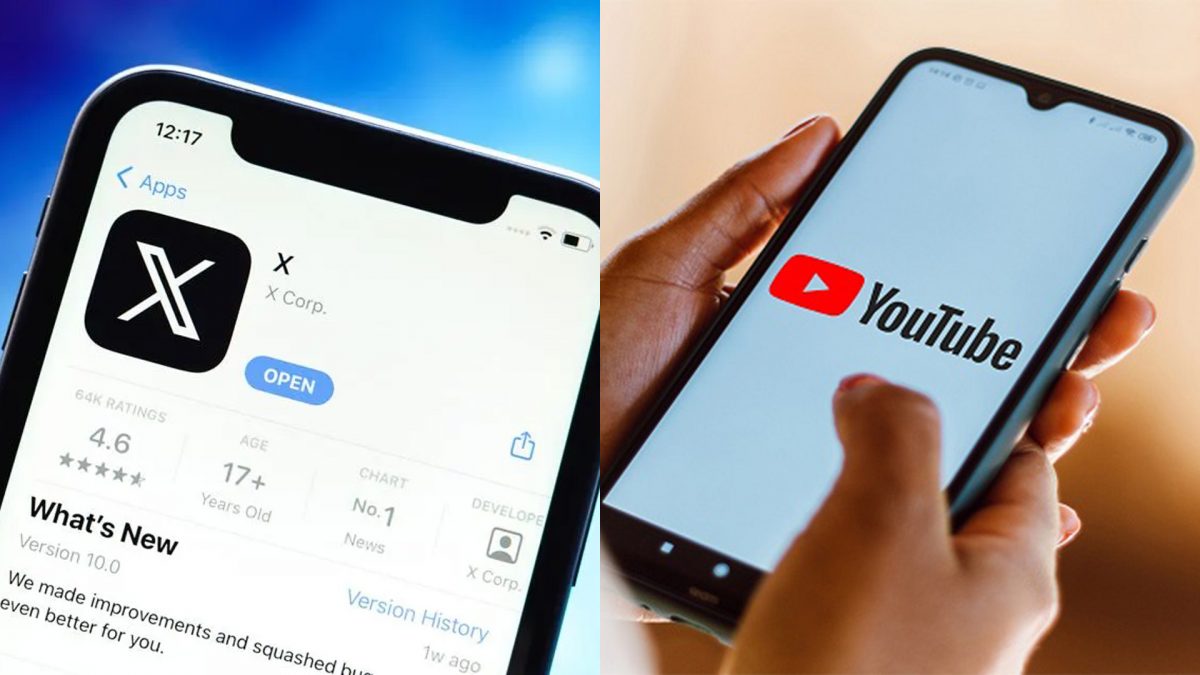Malaysia’s internet regulator, the Malaysian Communications and Multimedia Commission (MCMC), disclosed that X argued it did not meet the user threshold. Meanwhile, Google has expressed concerns about how YouTube’s video-sharing features are classified under the new rules
read more
Elon Musk’s X and Google’s YouTube may face bans in Malaysia as the platforms have not yet secured operating licences under the country’s newly introduced social media law. The law mandates social media platforms with more than eight million users in Malaysia to apply for a licence to continue operations. However, both X and YouTube have yet to comply, potentially putting their operations at risk.
Malaysia’s internet regulator, the Malaysian Communications and Multimedia Commission (MCMC), disclosed that X argued it did not meet the user threshold. The commission is currently verifying this claim. Meanwhile, Google has expressed concerns about the licensing framework, particularly how YouTube’s video-sharing features are classified under the new rules.
Tightened regulations face resistance
The law introduces strict requirements, including provisions for warrantless arrests and demands for private data disclosure to aid surveillance. Unsurprisingly, the regulations have met resistance from tech companies, civil society groups, and lawmakers. Critics argue the law could lead to overreach and infringe on privacy rights, sparking debates about its long-term implications.
Despite the backlash, some platforms have complied. Chinese tech giants ByteDance, which operates TikTok, and Tencent, the company behind WeChat, were the first to secure licences. Meta, which owns Facebook, Instagram, and WhatsApp, has also begun the application process, ensuring continued access for its users in Malaysia.
Broader push to regulate big tech
Malaysia’s move to regulate social media aligns with a growing trend among Asian governments to hold Big Tech accountable. Countries like India and Australia have also introduced measures to address concerns about illegal content, disinformation, and the influence of social media on politically sensitive issues.
Malaysia’s law, approved by parliament in December, aims to tackle various forms of online harm, including scams, cyberbullying, pedophilia, and child exploitation. While the government frames the regulations as necessary for public safety, the scope of enforcement has raised questions about freedom of expression and potential misuse.
What lies ahead for X and YouTube?
As the licensing saga unfolds, X and YouTube’s future in Malaysia hangs in the balance. Their reluctance to comply could lead to operational restrictions, leaving millions of Malaysian users without access to these platforms. Meanwhile, Meta and Telegram are positioning themselves to continue operations, having started the licensing process.
For Malaysia, the law represents a significant step in its digital governance efforts. However, the reactions from global tech giants signal a rocky road ahead as governments and corporations navigate the complex balance between regulation, user privacy, and free expression.

)